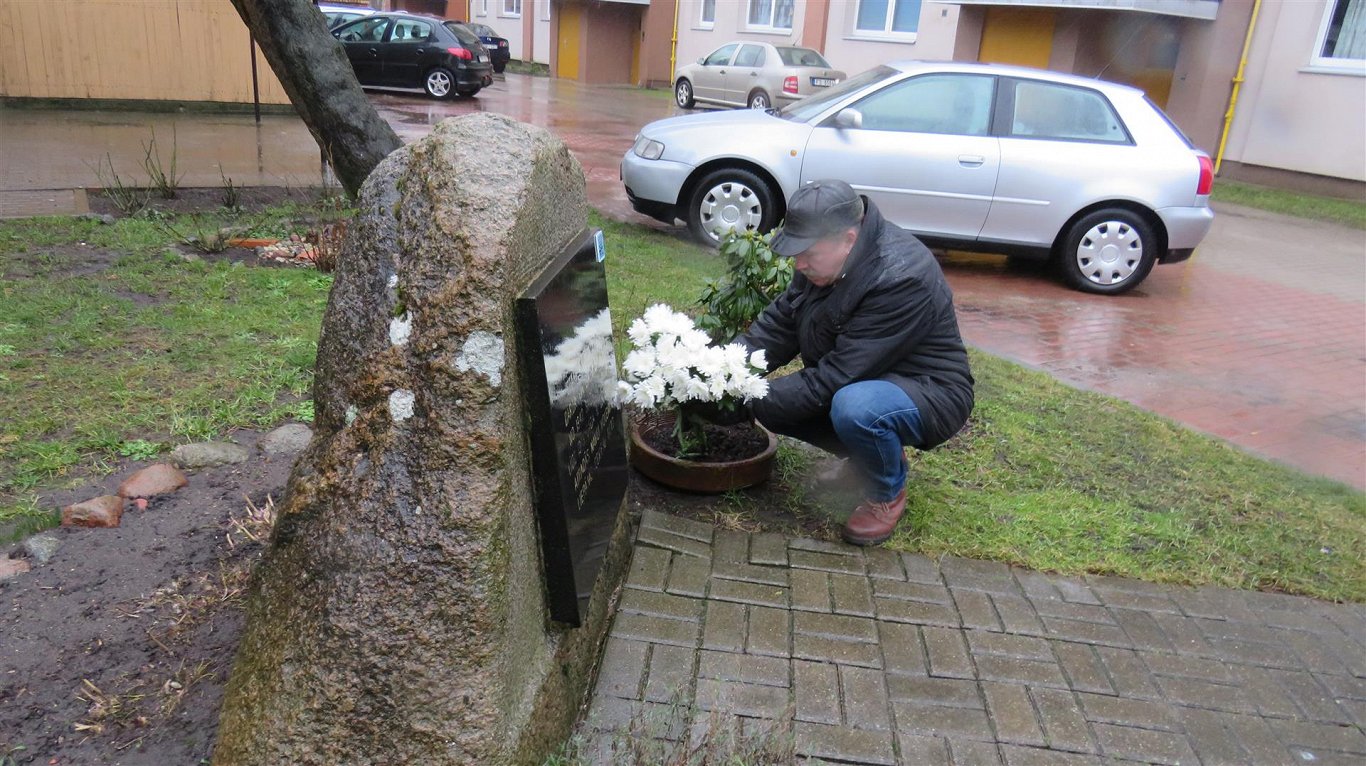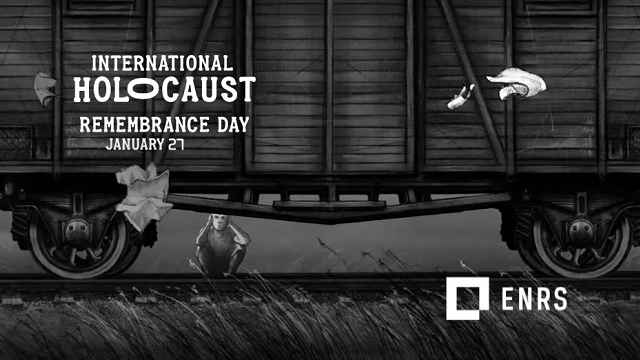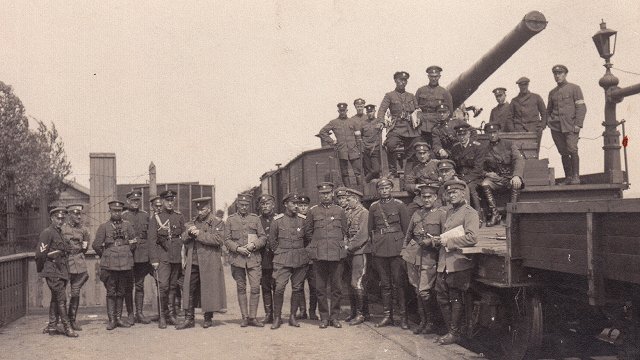The United Nations General Assembly designated January 27 International Holocaust Remembrance Day as it is the the anniversary of the liberation of the Auschwitz-Birkenau death camp.
On this annual day of commemoration, the UN urges every member state to honor the six million Jewish victims of the Holocaust and millions of other victims of Nazism.
Nous nous joignons à l’hommage rendu aux victimes de l’Holocauste #Bikernieki. Commémorer, ne jamais oublier et continuer à faire connaître cette page tragique de l’Histoire. #HolocaustRemembranceDay #WeRemember pic.twitter.com/mggyhqh636
— France en Lettonie 🇫🇷 🇪🇺 (@FrancijaLatvija) January 27, 2022
Participated in a moving ceremony on #HolocaustRemembranceDay at Bikernieki Memorial, the site where many thousands of people were murdered during the Holocaust. #WeRemember pic.twitter.com/O8Xzdn9Zi3
— Riitta Korpivaara (@KorpivaaraR) January 27, 2022
On #HolocaustRemembranceDay, Ambassador Carwile laid flowers at the Biķernieki Forest Memorial, which marks the largest site of mass killings by the Nazis in 🇱🇻. In this forest, an estimated 35,000 people- primarily Jewish men, women&children–were massacred between 1941 and 1944. pic.twitter.com/pf35fczIfx
— U.S. Embassy Riga (@USEmbassyRiga) January 27, 2022
Other memorials were also the scene of smaller commemorations, including in Liepāja (pictured above).
Latvia became a member of the International Holocaust Remembrance Alliance (IHRA) in 2004.
In addition to January 27, the victims of the Holocaust in Latvia are also commemorated on July 4 and November 30 each year.
For an overview of the Holocaust in Latvia, we recommend the virtual exhibition of the Museum of the Occupation of Latvia which provides a detailed and thought-provoking explanation of what happened in those dark days including the liquidation of the Rīga ghetto and details of the Nazi camps located on Latvian soil.
This recent piece from our archive traces the events linked to the Rīga Ghetto.
We would also point you towards this short documentary from LTV, which shows all-too-clearly how Hitler's genocidal mania filtered down to small-town Latvia, all but wiping out a vibrant and important section of Latvian society.



























